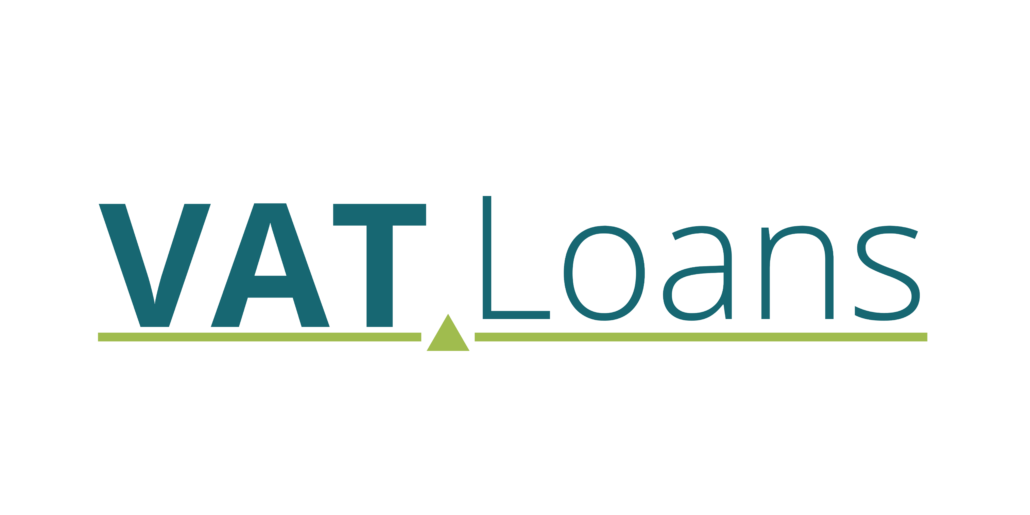Analysing VAT Loans and HMRC VAT Time to Pay (TTP) arrangement
VAT Loans and HMRC VAT Time to Pay arrangements. Whilst both are great ways to relieve cashflow pressures in your business, it may not be clear which is the best option for you. In this article, we’ll compare a VAT loan to an HMRC TTP agreement. Whilst our domain name indicates that we specialise in VAT loans, we’ll strive to present an impartial perspective.
What is a HMRC TTP arrangement?
If you owe debt to HMRC—whether it’s PAYE, Corporation Tax, personal tax, or VAT—you can contact HMRC directly to pay the tax bill over a period of time. This arrangement can span from one month to five years, depending on the type of debt and your circumstance. Typically, you’ll make the request over the phone, and an HMRC representative can often finalise the details during the call. Once you agree on the terms, HMRC will establish a direct debit and send you a confirmation letter. So, if the process is so straightforward, why doesn’t every company choose this option?
Benefits of TTP arrangement
- No personal guarantee needed. When you sign a TTP, HMRC do not require a personal guarantee. For many of our customers – excluding larger companies and certain professions like architects, accountants and solicitors – we would require a personal guarantee.
- The HMRC interest rates are lower than VAT loans.
- HMRC may grant a longer repayment term for the VAT bill, i.e. a period of six months to a year instead of three months when we arrange a VAT loan.
- Once you get through to HMRC, it can be quick for them to agree the facility. In comparison, a VAT loan may take 24-48 hours to arrange.
- HMRC do not carry out a credit check. They will not ask for management accounts, bank statements etc.
Issues with a TTP arrangement and benefits to a VAT loan
- You may not be granted a TTP if you already have HMRC debt elsewhere or an existing TTP in place.
- Often, just getting through to HMRC can be challenging, stressful and time consuming.
- There are times when it makes sense to pay more for a VAT loan, such as when you chose not to use a TTP arrangement now to have it as an option in the future.
- When HMRC charge your company interest for late payments, it’s considered a penalty. In summary, your company cannot claim Corporation Tax relief on the interest you pay them. However, you can reclaim Corporation Tax relief on interest paid on a business loan, effectively making a VAT loan 25% cheaper.
- HMRC will send yet another ‘brown envelope’ out to you with details of the repayments being taken via direct debit. Many employers do not like this.
- Funders of leasing and business finance look carefully at bank statements for regular rounded payments to HMRC. For example, £2,000.00 going out every month to HMRC on the 1st of the month falls outside of normal PAYE and VAT repayments. This can potentially lead to you getting refused for loans elsewhere. The funder would also see a fixed regular repayment going out to a finance company like ours. They would also know there is a loan in place.
- Once you have paid your VAT loan in full and on time, it is a lot easier to get a secondary loan facility since funders will see a positive repayment history.
- The timing of your call can impact the fines you incur. The fine starts at 2%, but rises to 4% of the bill if you have not paid after one month. Currently, the interest HMRC charge is 7.5%. (Bank of England base rate plus 2.5%) The best solution is to either pay them on time or sort out a TTP arrangement prior to the bill being due. While you will still need to pay the interest, no fines will be applied.
For more information on VAT Loans, or if you’d like to discuss your options with us, please contact a member of the team on 01494 956 871 or email us on [email protected].




